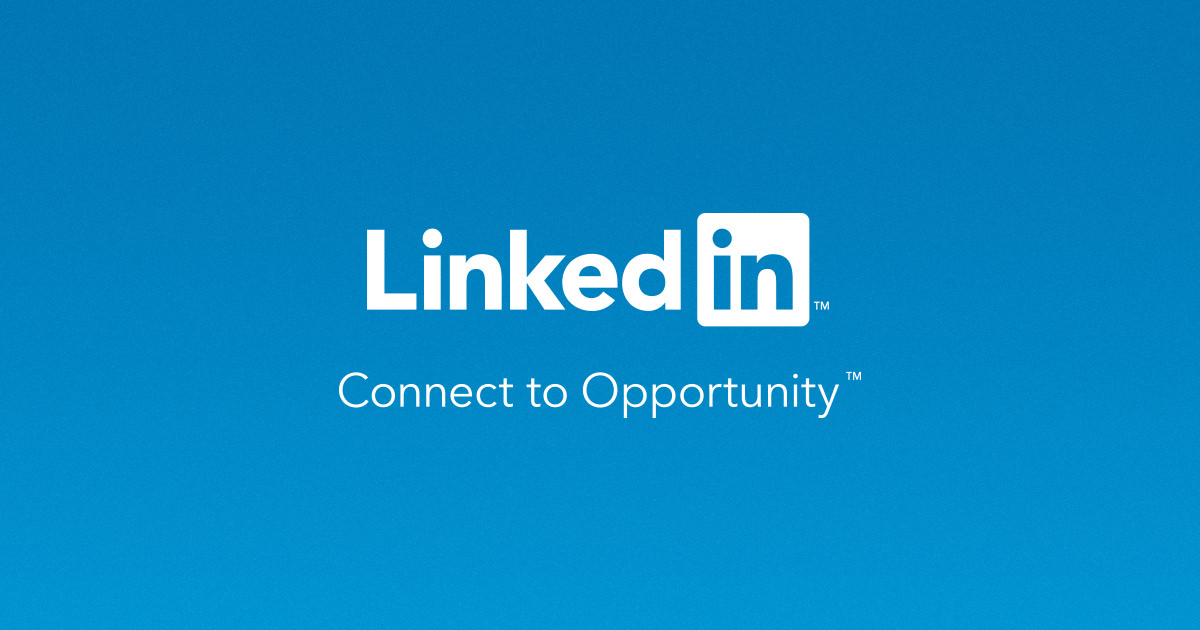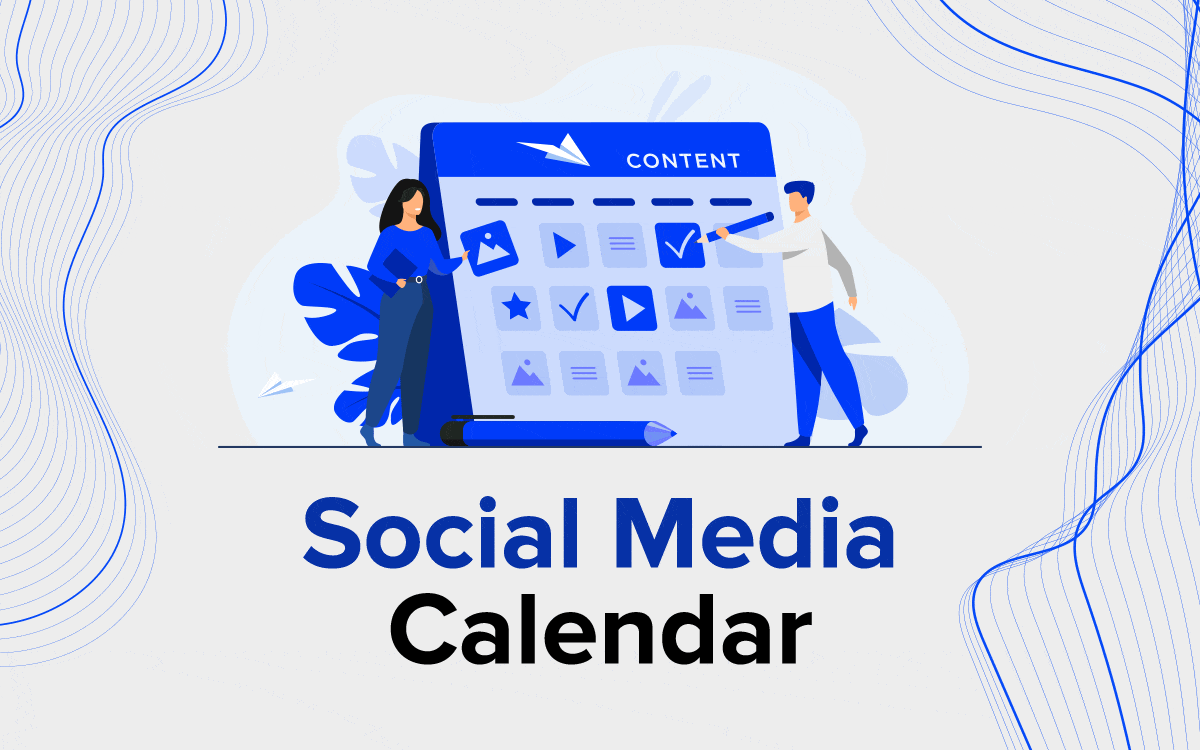Why Social Media Marketing is Important for SMMEs
Last Update: 14 September 2024
You might be posting on social platforms and interacting with customers, but maybe you haven’t seen the results you were hoping for.
The reality is that social media can do a lot more than just give your business an online presence—it can be a powerful tool for growth if used the right way.
According to Sprout Social, 51.2% of people research brands online before making a purchase.
This means having a strong social media strategy is essential for standing out and gaining trust. If your efforts haven’t made a real impact yet, it may be time to refine your approach and get more strategic.
In this blog, we’ll dive into the key benefits of social media marketing for SMMEs and explore how you can leverage social media to grow your business.
Keep reading to discover practical strategies that can transform your social media efforts into tangible results!
Key Benefits of Social Media Marketing for SMMEs

1. Increased Brand Visibility
One of the most significant advantages of social media for SMMEs is its ability to dramatically increase brand visibility.
Platforms such as Facebook, Instagram, and LinkedIn provide small businesses with access to millions of potential customers, allowing them to reach a far wider audience than traditional advertising methods typically permit.
For example, small businesses can share compelling content, participate in trending conversations, and use hashtags to make their content discoverable to new users
By consistently engaging with their audience and sharing content, businesses can build brand awareness without the high costs associated with other forms of marketing.
Moreover, many platforms offer advertising solutions that allow businesses to target specific demographics, ensuring their content reaches the right audienceThis means SMMEs can stretch their marketing budgets while still getting impressive results.
2. Cost-Effectiveness and High ROI
For SMMEs with tight budgets, social media marketing is a highly cost-effective strategy. Platforms like Facebook, Instagram, and Twitter allow businesses to create and share content for free, with the option to pay for targeted ads if desired.
Compared to traditional marketing methods such as print ads or TV commercials, social media ads are not only cheaper but also provide better tracking and measurement capabilities, allowing businesses to see exactly how their marketing dollars are being spent.
This transparency enables SMMEs to achieve a high return on investment (ROI), as they can adjust their strategies in real time based on the performance data.
Whether running a campaign to increase website traffic or generate sales leads, small businesses benefit from the flexibility and cost efficiency that social media offers.
3. Direct Customer Engagement

Another key benefit of social media is the ability to directly engage with customers. SMMEs can respond to comments, answer queries, and build relationships with their audience in real-time, fostering a sense of community around their brand.
This direct line of communication helps businesses not only solve customer issues faster but also gain valuable feedback that can be used to improve products and services.
For instance, businesses can use platforms like Instagram Stories to conduct polls, host Q&A sessions, or share behind-the-scenes content, allowing followers to feel more connected to the brand.
By building such authentic relationships, SMMEs can encourage brand loyalty, which can lead to repeat business and long-term customer retention.
4. Real-Time Feedback and Customer Insights
Through regular interaction with their audience, SMMEs can gather real-time feedback on products or services, helping them understand what their customers want.
By monitoring social media comments, likes, and shares, small businesses can gain valuable insights into customer preferences and market trends.
This data can then be used to refine offerings, create more tailored marketing strategies, and improve overall customer satisfaction.
Additionally, social media platforms offer built-in analytics tools that provide detailed insights into audience demographics, behaviours, and engagement rates.
SMMEs can use these analytics to identify the content that resonates most with their audience, helping them optimise their marketing efforts for maximum impact
5. Growth in Customer Base

Social media not only helps SMMEs engage with existing customers but also plays a significant role in acquiring new ones.
Features such as paid advertisements, influencer collaborations, and viral content can help businesses reach a broader audience.
By expanding their online presence and participating in trending topics, small businesses can attract new followers who are likely to convert into customers over time.
Moreover, social media provides an opportunity for businesses to expand their customer base globally.
While a local business may traditionally have had a limited reach, platforms like Facebook and Instagram allow them to connect with users from around the world, potentially opening up new markets and revenue streams.
How to Leverage Social Media Marketing for SMMEs Growth
1. Choosing the Right Platforms for Your SMME
Selecting the appropriate social media platform for your business is crucial. While it may be tempting to create accounts on every platform available.
The key to success lies in understanding where your target audience spends most of their time and which platforms align best with your products or services.
1. Facebook

Facebook remains one of the most popular platforms for businesses, As of Q3 2023, Facebook is the largest online social network in the world with roughly 3.05 billion monthly active users. It is particularly useful for building brand awareness and engaging with a broad audience.
Facebook’s robust advertising tools allow SMMEs to target ads based on demographics, interests, and behaviours. Features like Facebook Pages and Groups also help businesses create a sense of community and engage directly with their audience.
2. Instagram
![]()
With its focus on high-quality visuals and user engagement, Instagram is ideal for businesses in industries such as fashion, food, lifestyle, and retail.
Instagram Stories, Reels, and Shopping features allow businesses to create engaging content and drive direct purchases from the platform.
SMMEs can leverage these features to showcase their products, share behind-the-scenes content, and connect with influencers to broaden their reach.
3. LinkedIn

For B2B (business-to-business) marketing, LinkedIn is the go-to platform. It enables businesses to connect with industry professionals, share thought leadership content, and even recruit talent.
LinkedIn’s advertising options are particularly effective for targeting professionals based on their job titles, industries, and skills. It’s an ideal platform for SMMEs that provide services to other businesses or operate in niche markets.
4. TikTok

TikTok has seen explosive growth, especially among younger audiences. Its short-form, viral video format makes it an excellent platform for creative marketing campaigns.
SMMEs can showcase their brand personality, participate in viral trends, and engage with an active and highly engaged user base. TikTok’s potential for viral reach can help small businesses grow their audience rapidly if they tap into trending content.
By focusing efforts on the platforms that align most closely with their audience and business model, SMMEs can ensure that their social media strategy is effective and efficient.
Building a Social Media Strategy: Setting Clear Goals
An effective social media strategy begins with setting clear and measurable goals. These goals help guide content creation, platform selection, and engagement tactics.
1. Defining Objectives
Common objectives for SMMEs on social media include increasing brand awareness, driving website traffic, generating leads, and ultimately boosting sales.
By defining these goals from the outset, businesses can measure the success of their efforts and adjust their strategies as needed.
2. Tracking KPIs
Key performance indicators (KPIs) such as engagement rates, follower growth, website traffic, and conversion rates are essential for measuring success.
Monitoring these metrics regularly helps SMMEs understand what works and what doesn’t, allowing for ongoing improvements to their social media approach
3. Aligning Goals with Business Strategy
Social media goals should always align with the broader business strategy. For example, if the goal is to increase sales, the social media content should focus on promoting products, highlighting special offers, and driving traffic to eCommerce platforms.
On the other hand, if the goal is to build brand awareness, content should focus on storytelling, sharing customer testimonials, and engaging with the audience on a more personal level
3. Creating Consistent and Authentic Content
Content creation is the backbone of any successful social media strategy. SMMEs should focus on developing authentic, engaging, and consistent content that resonates with their audience.
1. Consistency in Messaging and Branding
Maintaining a consistent voice and visual identity across all social media platforms is essential for brand recognition.
This includes using a consistent tone of voice, colour schemes, and logo across all posts. By doing so, businesses build trust and make their brand more recognisable
2. Storytelling and Multimedia
Storytelling is one of the most effective ways to engage an audience. By sharing behind-the-scenes stories, customer testimonials, or personal experiences, SMMEs can build stronger connections with their followers.
Combining this with high-quality images, videos, and infographics will further captivate users and encourage them to share content, boosting organic reach.
3. User-Generated Content (UGC)
User-generated content, such as customer reviews, photos, and testimonials, can be a powerful tool for building authenticity and credibility.
Encouraging customers to share their experiences with a product or service not only provides valuable content for the business but also acts as social proof, influencing other potential customers to trust the brand.
By focusing on authentic and engaging content, SMMEs can foster a sense of community and connection with their audience, leading to increased engagement and brand loyalty.
Conclusion
Choosing the right platforms, setting clear goals, and maintaining consistency in content creation are essential steps for SMMEs looking to grow through social media.
By focusing on what resonates most with their audience and staying true to their brand’s identity, small and medium-sized enterprises can achieve sustainable growth and long-term success in the digital landscape.
If you’re looking for guidance in developing an effective social media strategy for your business, contact us at Neu Entity.
Let’s Talk!
If what you see here is relevant for you and can help you grow your business or organisation, we’d love to discuss further with you. Drop us a message or schedule an appointment with us.
